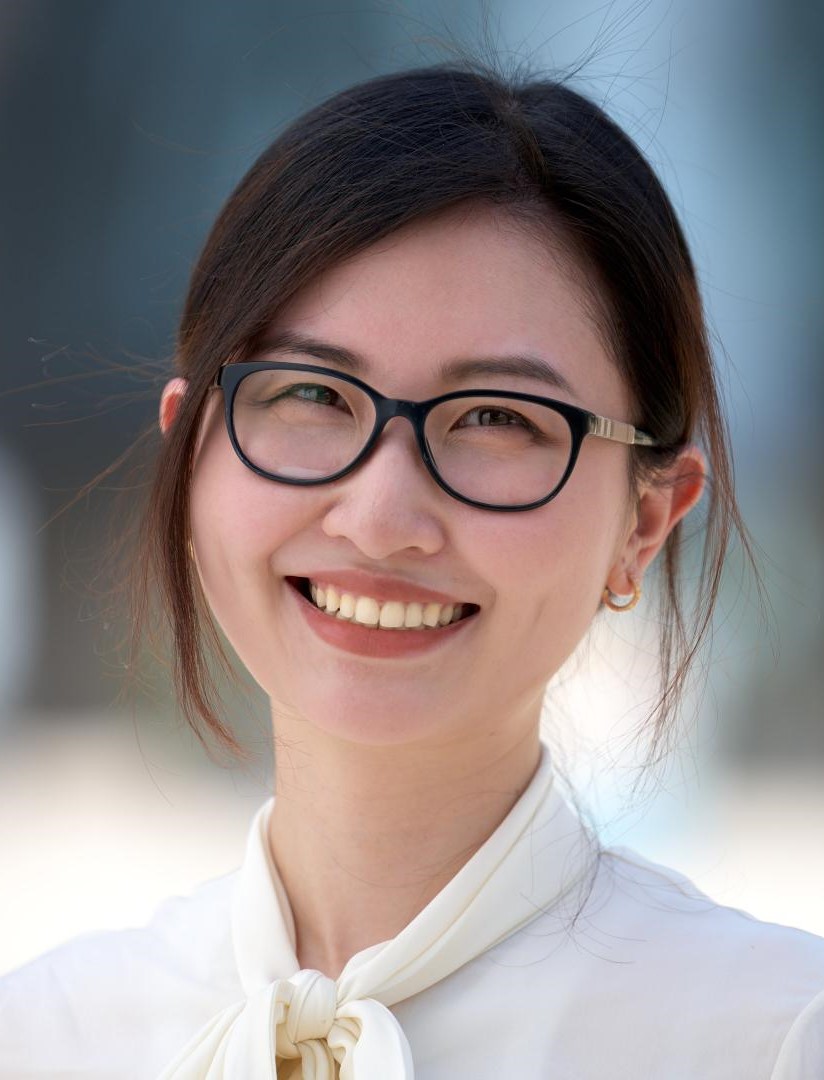Integrated silicon photonics
ApplyProject Description
Integrated silicon photonics has sparked a significant ramp-up of investment in both academia and industry as a scalable, power-efficient, and eco-friendly solution. At the heart of this platform is the light source, which in itself, has been the focus of research and development extensively. We tackle this from two perspectives: device-level and system-wide points of view. In the former, the different routes taken in integrating on-chip lasers are explored from different material systems to the chosen integration methodologies. In the latter, we seek system-wide applications that show great prospects in incorporating photonic integrated circuits (PIC) with on-chip lasers and active devices, namely, optical communications and interconnects, optical phased array-based LiDAR, sensors for chemical and biological analysis, integrated quantum technologies, and finally, optical computing. By leveraging the myriad inherent attractive features of integrated silicon photonics, we aim to inspire further development in incorporating PICs with on-chip lasers in, but not limited to, these applications for substantial performance gains, green solutions, and mass-production. In this VSRP program, students will have the opportunity to learn the latest device design and fabrication of the integrated silicon photonics chips, and explore the applications based on their own interests. The project needs 3-6 months to be completed. Successful students can likely publish their results in prestigious scientific venues and get enrolled in the Ph.D program in Integrated Photonics Lab.
 Division -
Computer, Electrical and Mathematical Sciences and Engineering
Division -
Computer, Electrical and Mathematical Sciences and Engineering
About the
Researcher
Yating Wan

Desired Project Deliverables
The students are expected to acquire the basic knowledge of the design of the integrated silicon photonics chips, proficient skills of device designs using simulation tools, hand-on experimental experiences of optoelectronic device characterizations, and conference/journal publications.

